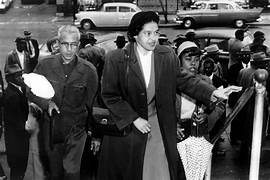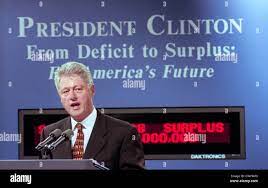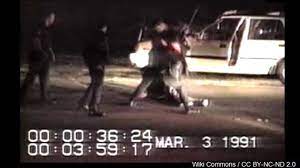In 1980, the United States experienced a significant political shift with the election of Ronald Reagan as the 40th President of the United States. Reagan's presidency, which lasted from 1981 to 1989, had a profound impact on American politics, economics, and foreign policy. His conservative ideology and charismatic leadership style reshaped the nation and left a lasting legacy.
Ronald Reagan, a former actor and governor of California, ran on a platform that emphasized limited government, lower taxes, and a strong defense. He appealed to a broad base of voters with his optimistic vision of America and his promise to restore the country's standing in the world.
Upon taking office, Reagan implemented a series of policies that became known as Reaganomics. This approach sought to stimulate economic growth through tax cuts, deregulation, and reductions in government spending. Reagan believed that by reducing the burden on businesses and individuals, the economy would thrive, leading to job creation and increased prosperity.
Reagan's economic policies were met with both praise and criticism. Supporters argued that his tax cuts and deregulation spurred economic growth and led to the longest peacetime economic expansion in U.S. history. Critics, however, argued that his policies disproportionately favored the wealthy and contributed to growing income inequality.
One of the defining moments of Reagan's presidency was his response to the air traffic controllers' strike in 1981. When the Professional Air Traffic Controllers Organization (PATCO) went on strike, Reagan declared it illegal and fired over 11,000 striking workers. This action sent a strong message that he would not tolerate labor strikes that he deemed to be against the national interest, and it had a significant impact on the labor movement in the United States.
In foreign policy, Reagan pursued a strong anti-communist stance, famously labeling the Soviet Union as the "evil empire." He implemented a policy of increased military spending, which became known as the Strategic Defense Initiative or "Star Wars," aimed at developing missile defense systems to protect against potential nuclear attacks.
Reagan's tough stance on the Soviet Union and his commitment to military strength played a role in the eventual collapse of the Soviet Union and the end of the Cold War. His negotiations with Soviet leader Mikhail Gorbachev, including the signing of the Intermediate-Range Nuclear Forces Treaty, helped ease tensions between the two superpowers.
Reagan's presidency was not without controversy. His administration faced scrutiny over the Iran-Contra affair, in which senior officials were involved in the secret sale of weapons to Iran in exchange for the release of American hostages. The proceeds from these sales were then used to fund anti-communist rebels in Nicaragua, despite a congressional ban on such support.
Despite the controversies, Ronald Reagan's presidency left a lasting impact on American politics and conservative ideology. His policies and rhetoric shaped the Republican Party for years to come, and his communication skills and ability to connect with the American people earned him the nickname "The Great Communicator."






